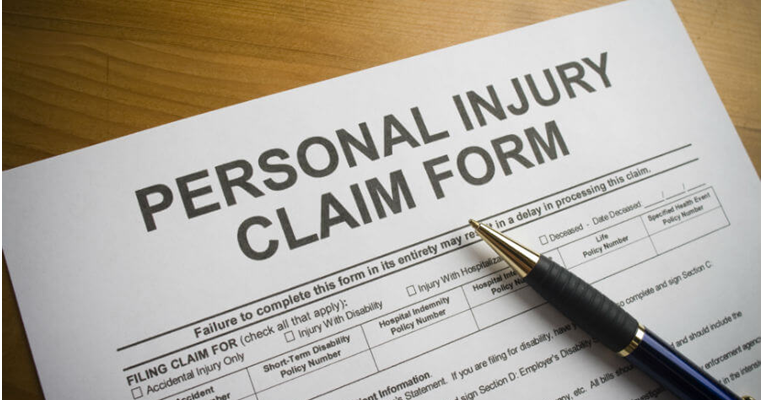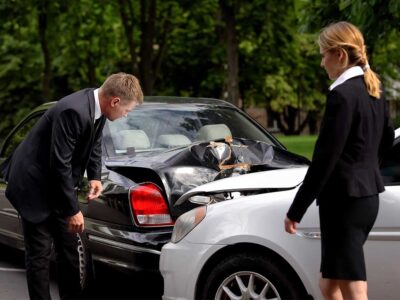Sometime after a car accident, an adjuster from the opposing insurance company might contact you to advise that he or she has been assigned to your claim. That’s good to know, but that adjuster will probably ask you to give a recorded statement about how the accident happened and how you were injured. Certain states’ laws do not require you to give such a statement, and it’s recommended that you refuse to give one. Here’s why.
The Car Insurance Business
An auto insurance company makes money by charging its customers premiums in the hope that those customers don’t cause accidents. When those premiums are paid, the insurance company invests that money in efforts to make even more money. If an insurance company’s policyholder is involved in an accident that results in a claim, his or her insurer is at the risk of a loss. In efforts to maintain a solid bottom line, that insurer will do whatever it can to mitigate its loss or even deny the claim in its entirety.
The Request for a Recorded Statement
If an insurance adjuster thinks that he or she can get to you before you can retain a Denver car accident attorney, he or she will do so. The adjuster will ask for a recorded statement from you about how the accident happened and how you were injured, “just so we can confirm liability.” If you agree to give a statement, you’ll be asked about the nature and extent of your injuries. You’re not a doctor, so any answer that you give is speculation. You’ll also be asked to estimate speed, timing, and distances. Cases aren’t built on guesswork or estimates. The same goes for opinions.
Prior Inconsistent Statements
That adjuster who wants your statement already knows what happened in the accident. He or she is looking at a copy of the police accident report when speaking with you. The actual purpose of that statement is to use your own words against you in the future to attack your credibility in an effort to negatively impact the value of your case. That’s part of the plan on paying out as little as possible on your claim or lawsuit. You’ll be accused of making prior inconsistent statements, and under certain jurisdictions, any prior inconsistent statements that you made about your accident or injuries can be used against you.
Statements at the Scene of the Accident
Another way that insurers try to negatively impact the value of a case is through any statements that a victim allegedly made at the accident scene. Any of the following types of statements might be construed to be an admission of fault:
- Saying you’re sorry.
- Speaking apologetically.
- Saying you didn’t see the other person.
Statements Against Your Interests
Certain state laws can make any of the above declarations at an accident scene admissible in court. The reasoning behind that is because a reasonable person in that same situation won’t say anything like that unless he or she believed it to be true. On that basis, politely apologizing at an accident scene about a crash that wasn’t your fault could be used against you as evidence of liability.
Don’t allow an adjuster to push you around in trying to take control of your claim. If he or she tells you that you don’t need an attorney to represent you, don’t believe it. If you’re told that your claim will be closed for want of a statement, don’t believe that either. An experienced car accident lawyer will know how to open it up again in a matter of minutes. Remember that it’s the objective of that adjuster to save the insurer as much money as possible on your claim.












Comments